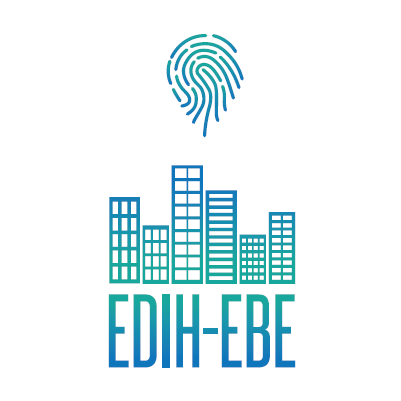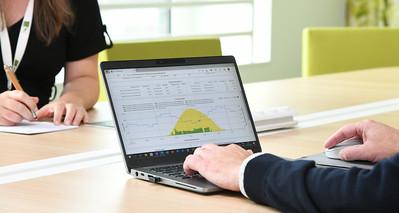In the digital labs, it is possible to test and validate different applications based on advanced digital technologies, unique data sets, algorithms, and software.
The test infrastructure in our digital labs offers access to the following services:
- Energy assessment of buildings.
- Digitalization in support of ‘deep’ renovation of buildings or neighbourhoods.
- Simulation energy management of building.
- From design models to energy simulation.
- Energy data platform.
Energy assessment of buildings
- Providing and processing public data for the energy assessment of buildings.
Digitalization in support of 'deep' renovation of buildings or neighbourhoods
- Estimating the value of smart control for heat networks.
- Design workshops on the implementation of Digital Twins to support the decarbonisation of buildings: from idea to mock-up.
- Portfolio assessment and roadmaps for decarbonising building portfolios.
Simulation energy management of buildings
- Supporting companies with the benchmarking of different designs, dimensioning, optimization strategies (possibly using AI).
- Evaluation in order to research the potential added value for business models through simulation by associating designs, dimensioning, rate structures and price signals with data sets and models regarding PV, heat pumps, inverters, storage, charging of vehicles, etc.
- Evaluation of the energy performance of sustainable energy design for buildings through tools that integrate these advanced modeling and optimization techniques.
From design models to energy simulation
- Demo and test cases of software that enables to automatically convert standard Building Information Models (BIM) to a building energy simulation model (SIM) in a cost-effective way.
- The physical and structural information in a BIM can also be entered directly in the physics-based PV performance model of EnergyVille for the purpose of an accurate simulation of the energy yield and its degradation during the lifetime of a PV system that is integrated in or attached to the building.
- Supporting companies through optimal decision-making regarding operational and digital control during the life span of a PV system.
- Use of E-yield methodology in product design (BIPV products, but also standard PV, as can be interesting in case of third party investment cases).
- Use of E-yield methodology for evaluating usage scenarios (e.g. indoor use to power devices in-house).
Energy data platform
- Cloud-based energy data platform for the analysis and control of data of energy services in the built environment.

